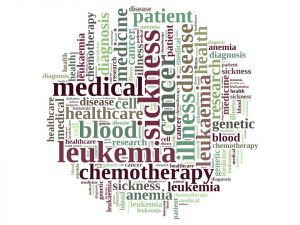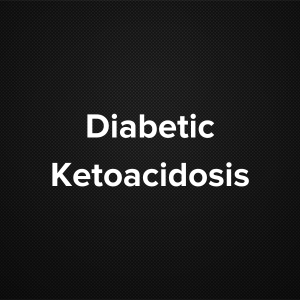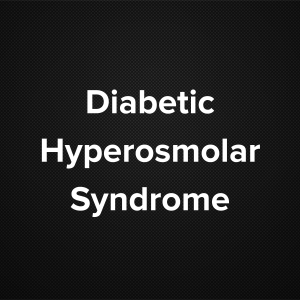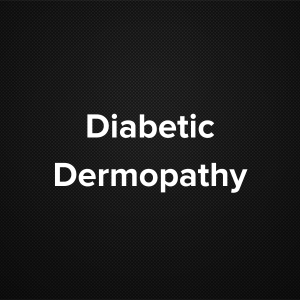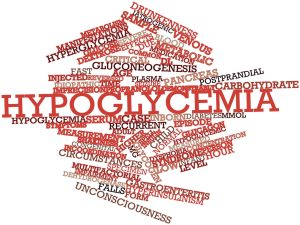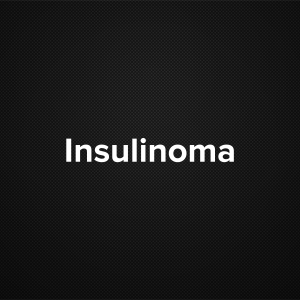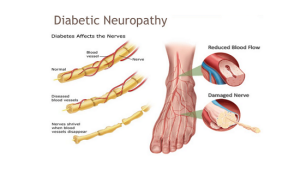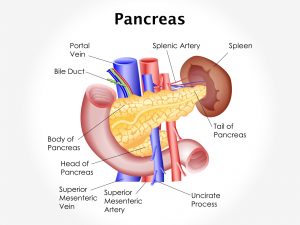Diabetes is considered a lifestyle disorder. It is something that happens to you if you eat too much junk food and lead a sedentary lifestyle with little physical activity.
So, when a research study by a medical college in Mumbai concluded on the presence of diabetes in tribal people too, it was shocking news.
Tribals do not eat junk food. They certainly have more than enough exercise in a day! Why then do they develop diabetes?
The study found that the tribals were malnourished. They ate regularly, but their diet was not wholesome. It contained more of carbohydrates, just enough energy required to get them through the day. Proteins, vitamins and minerals were severely deficient in their diet.
Further research on the matter suggests that malnutrition is a factor that can lead to the development of diabetes. What is the exact cause and mechanism here is yet to be found out. Similar studies conducted in the African countries too came up with the same shocking results.
Malnutrition and poverty go hand in hand. The prevalence of debilitating diseases like HIV, use of drugs and excessive indulgence in alcohol cause severe irreversible damage to the pancreatic cells. This results in little or no insulin leading to raised blood sugar levels.
When the rich in the world are dying because they have too much to eat, it is a sad thing that the poor, who do not have anything to eat, too have to die due to the same reasons as the rich!
As of now, this is the theory put forth by experts on the link between malnutrition and diabetes. Further studies are under way to understand this terrifying link better. Doctors the world over are devoting their time and money to better understanding the pathophysiology of type III diabetes. Malnutrition related diabetes or type III diabetes can be of two types – protein deficient diabetes mellitus and Fibrocalculus pancreatic diabetes.
The signs and symptoms remain, for the most part, similar to the other forms of diabetes:
- Polyuria: Frequent urination
- Polydypsia: Increased thirst
- Polyphagia: Increased hunger
- Fatigue
- Weight loss
- Frequent infections





